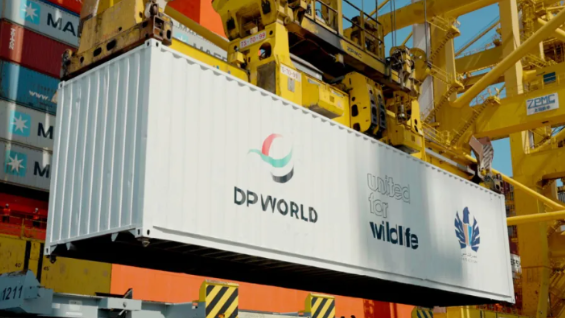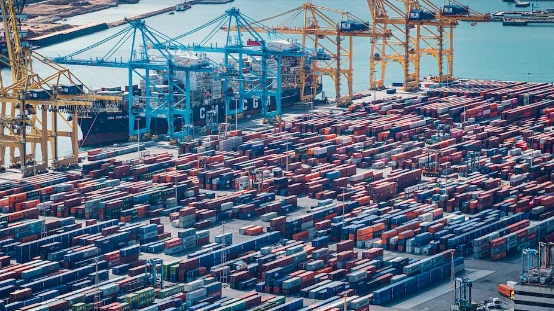Recently, a U.S. Coast Guard inspection team discovered a batch of illegally shipped anhydrous ammonia at the Puerto Nuevo Terminal (PNT) in San Juan, Puerto Rico.
During a routine inspection, hazardous materials containing over 5,000 gallons of toxic and flammable substances were found inside a tank container.
The Coast Guard has launched an investigation into the incident. The team of marine science technicians conducting the inspection identified three tank containers, one of which was deemed illegal due to the presence of hazardous materials.
Anhydrous ammonia, commonly used in detergents, pesticides, and fertilizers, is a highly corrosive gas or liquid that is flammable at high concentrations.
Following the discovery, multiple federal agencies — including the ATF, CGIS, CBP, ICE-HSI, the U.S. Army National Guard, and the U.S. Marshals Service — conducted a thorough sweep of the port to identify any other potential security threats.
Previously, on February 27, 2025, the Coast Guard issued a Captain of the Port Order explicitly prohibiting the terminal from handling certain hazardous materials due to insufficient firefighting capabilities.
Anhydrous ammonia is among the prohibited substances. Despite this order, recent inspections revealed non-compliance.
A Coast Guard official stated that the inspection team and interagency partners remain committed to ensuring the safety and security of the port.
Violating such orders carries serious consequences. Under Title 46, Section 70036 of the U.S. Code, each violation may result in a civil penalty of up to $117,608 per day.
According to relevant U.S. laws, intentional and knowing violations are classified as a Class D felony, punishable by up to six years in prison, fines of up to $250,000 for individuals, and up to $500,000 for organizations.
Under NFPA guidelines and 33 CFR 126.15(a)(1), port facilities handling hazardous materials must adhere to strict safety measures, including installing fire hydrants every 300 feet and maintaining an adequate water supply.
However, due to safety violations, the Puerto Nuevo Terminal is currently restricted from handling hazardous materials, while operations involving non-hazardous general cargo continue as normal.

Last
DP World Fully Acquires Swiss Leading Logistics Company, Expanding Its Footprint
Recently, Swissterminal AG officially announced that it has completed full integration with DP World. This move not only marks a d

Next
New Customs Regulation! Concerning Import and Export Declarations-Effective May 1
Here's the English translation of the provided text:New Customs Regulation! Concerning Import and Export Declarations – Effective
